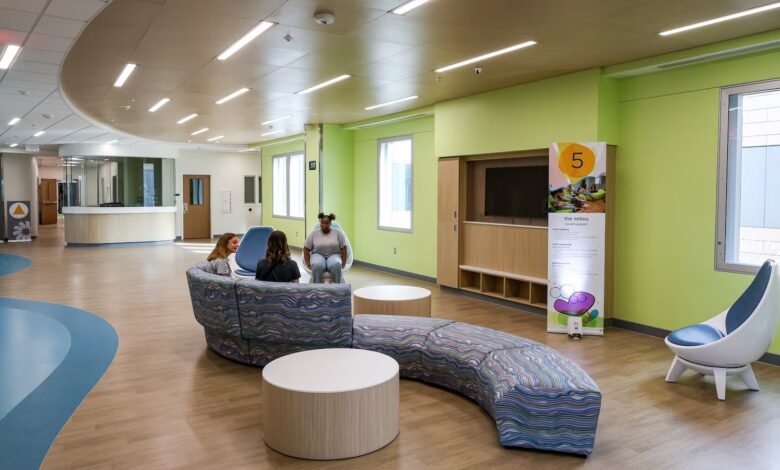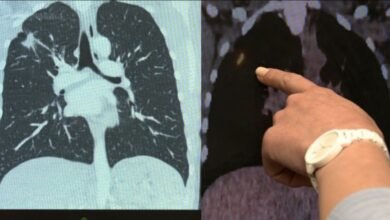DeWine Expresses Concern Over Teen Marijuana Use During Hospital Visit

In the wake of rising mental health challenges among Ohio’s youth, Governor Mike DeWine visited the newly opened Mathile Center for Mental Health and Wellness at Dayton Children’s Hospital on Thursday.
The $110 million facility, which doubles the hospital’s inpatient mental health bed capacity to 48, is a major investment in pediatric behavioral care and signals Ohio’s growing commitment to children’s mental health.
Governor DeWine called the center evidence that “Ohio is a state that is a leader in mental health,” praising Dayton Children’s for stepping up in the face of alarming trends.
One such trend is the reported surge in youth psychosis cases tied to cannabis use, a development DeWine linked to the state’s 2023 legalization of marijuana. “When you legalize it, it sends the message it’s OK,” the governor said.
Dr. Kelly Blankenship, associate chief medical officer at Dayton Children’s, noted that while only one child experiencing psychosis might have been seen in the unit at a time when it opened in 2019, that number has now climbed to as many as five at once.
She attributes the rise largely to adolescent cannabis use, which, alongside the impact of social media, has contributed to a broader crisis in youth mental health.
The Mathile Center is built with healing and safety in mind, featuring anti-ligature furniture, calming sensory lighting, breakaway fixtures, and secure room designs that minimize self-harm risks.
The center also offers increased space for family support and natural light throughout, helping to create a therapeutic environment for young patients and their caregivers.
Funded in part by $25 million from the American Rescue Plan Act (ARPA), the new facility consolidates all of Dayton Children’s crisis mental health services in one place.
According to the hospital’s 2023 annual report, intentional self-harm was the leading diagnosis among admitted patients, further underscoring the urgency of this investment.
“Mental health is the crisis of this generation,” Dr. Blankenship said. As the state expands its mental health infrastructure, the message is clear: every child has the right to safe, timely, and compassionate health care that meets both their physical and emotional needs.





